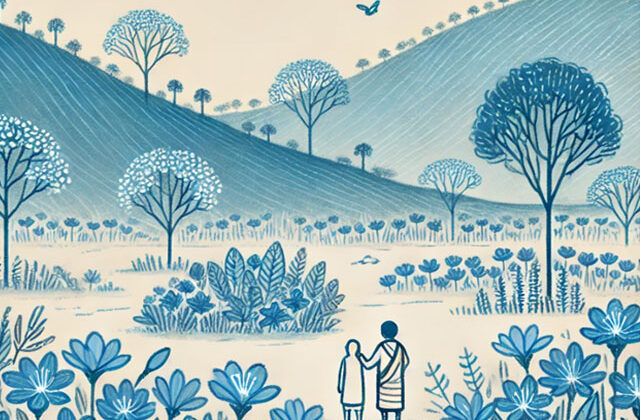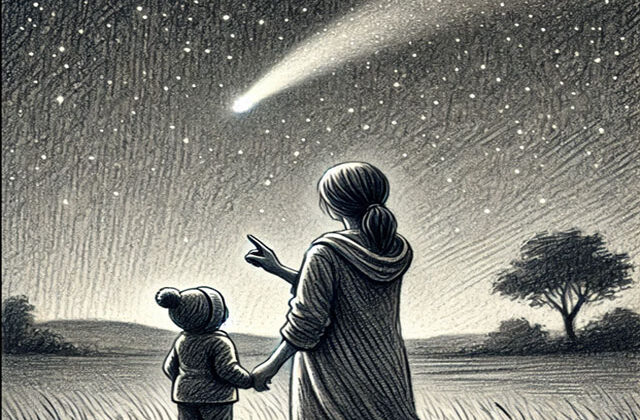(JAN-03, 1831 – MAR-10, 1897)

Shanmugasundaram M.Sc (Psy), PGDPC, PGDCG.
Reverred as the country’s first woman teacher, Savitribhai Phule was a pioneer of women’s education in the country.She played an essential and vital role in improving women’s right to education in India. She worked to abolish the discrimination and unfair treatment of people based on caste and gender system . So she is rightly regarded as the mother of Indian feminism.
EARLY LIFE
Born on January 3 ,1831 at Naigaon in Satara district of Maharashtra, she was the eldest daughter of Lakshmi and Khandoji Neveshe Patil. At the age of 9, she was married to Jyotirao Phule who was 13. Post marriage they worked in a Dalit working class locality in Pune. Jyotirao , fired by modern ideas and reformist zeal, educated his wife at home and trained her to become a teacher. The responsibility of her future education was taken up by Jyotirao’s friends Sakharam Yeshawant and Keshav Shivram. She also completed two teacher training courses and started teaching girls along with a revolutionary feminist Sagunabai in Pune.
CAREER
Essentially Phule couple recognised that Education was one of the central planks through which women and the depressed classes could be empowered and hope to stand on an equal footing with the rest of the society. In 1848, the emancipated husband and wife established India’s first school for girls in Vishrambag Wada in Pune. Only a meagre 9 female students enrolled initially and the count gradually rose to 25. Unfortunately, the audacity of this couple determined to educate women, enraged and shocked the conservative society who found the idea of women’s education repugnant. She faced ostracism. They took to malicious practices to deter them from their efforts of empowering women; they even pelted stones and threw cow dung at her . Savitribhai faced innumerable abuses and listened to obscenities heaped on her on her way to teach. But nothing was able to halt her determination and between 1848 and 1852, the couple established no less than 18 schools for women. Her resistance paved the way for women’s education which we take for granted today.
PHULE’S CONTRIBUTIONS
The first female educationist was also a prolific author and poetess. She published two books of poetry ‘KAVYA PHULE’ in 1934 and ‘BAVAN KASHI SUBODH RATNAKAR’ in 1982 which continue to inspire us even today with their questions on caste and gender. She also wrote a poem ‘Go, Get Education’ which encouraged people to free themselves from oppression by educating themselves. Savitribhai was also an anti infanticide activist and an advocate of widow remarriage. The Phule couple understood the nuances of all the issues tied up with caste system in India . Along with her husband , she was instrumental in setting up ‘Satyashodhak Samaj’(Society of Truth seekers) which championed progressive ideas, gender & caste equality and denounced the dowry custom which was widely prevalent in ancient India. She also opened a care centre for the pregnant rape victims in Maharashtra named ‘Balhatya Pratibandhak Griha’.
LEGACY
Pune city corporation created a memorial for her in 1983.
Because of her contribution in the field of women’s education, she is considered as one of the crusaders of gender justice.
On March 10,1998 a stamp was released in honour of Phule by the Indian government.
In 2015, the university of Pune was renamed as Savitribhai Phule Pune university in her honour.
Savitribhai along with her husband fought for the rights of women,Dalits and backward classes. She fought against the totalitarianism of the caste system, patriarchy and other social evils. She challenged the Brahmin hegemony and fractured their dominance through her enduring and heroic struggle for women’s and marginalised people’s rights. She overcame and survived everyday harassment and oppression and dared to learn an teach other women.
Go, Get Education
Be self-reliant, be industrious
Work—gather wisdom and riches,
All gets lost without knowledge
We become animal without wisdom,
Sit idle no more, go, get education
– Savitribhai Phule






